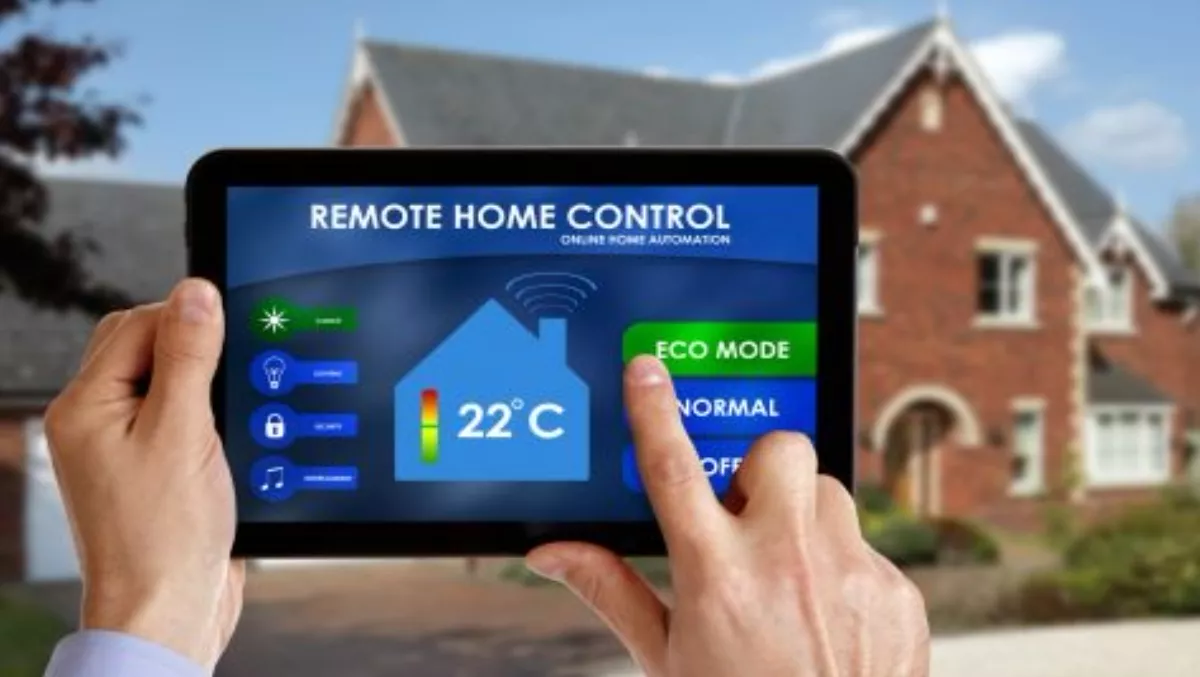The Australian internet of things at home market is set to skyrocket to $3.2 billion by 2019 with retailers, cloud software providers, security consultants and manufacturers among those set to grab a slice of the pie.
Telsyte says spending on IoT home products and services in Australia will grow almost eleven-fold in the next four years, from $289 million in 2015 to $3.2 billion in 2019.
The technology analyst firm says a number of factors will drive market growth, including the arrival of new products and services, but importantly, the market is set to naturally evolve as internet connectivity is baked into many existing products and services including whitegoods, gardening, security and energy management.
Telsyte says by 2019 the average household will have 24 internet-connected devices, up from nine in 2015.
"While long mooted, the internet-enabled 'whitegood' will finally become the norm as most manufacturers – aided by the lower cost of micro-processing – build wireless internet connectivity into most of their products," says Telsyte senior analyst, Steven Noble.
"Consumers will find themselves buying IoT-enabled devices by default," he adds.
Telsyte expects the smart lifestyle segment of home IoT to lead the charge, pulling in $1.2 billion in 2019.
Smart home services, such as installation, management and cloud services, will rack up $812 million, with smart energy, including sensors, outlets and light bulbs, hitting $658 million.
Smart security, including security alarms, cameras, sensors and smart locks, will account for $416 million, with smart hubs rounding out the list at $64 million.
The research firm says retailers, manufacturers, ISPs, cloud software providers, utilities and electricians and security consultants are among those staking their claim on the emerging market.
Telsyte notes that Samsung has committed to connecting 90% of its new products to the internet by 2017, and all of them by 2020.
"Furthermore, companies not traditionally in the technology market, ranging from Ikea to Breville are starting to unveil their IoT plans," Telsyte says.
On the retail front, Telstra recently added a connected home section to its local eCommerce web sites, while in the United States Target is experimenting with IoT demonstration in its stores.
"Retailers will be critical to the rise of the IoT at home as they will expose consumers to new product experiences," Telsyte says.
Smart home automation is a key opportunity for ISPs to create high-value bundles, Telsyte says. Research shows that Australians who bundle VoIP with their broadband plans anticipate budgeting seven times as much for a smart home system, compared to broadband non-bundlers.
"However, over the longer term, ISPs will face increasing competition from over the top cloud service providers such as Google and Apple, and will seek to partner with multinational service providers," Telsyte says.
Utilities are also expanding their product mix to include energy-saving devices and services controllable via the internet, while electricians and security consultants are in high demand for installation.
Telsyte says 34% of Australians currently prefer to have a specialist consultant install their system.
"While plug and play IoT devices and wireless smart home systems will be the norm, specialists will still play an important role in the installation of high-end equipment such as smart locks for keyless entry," Telsyte says.



